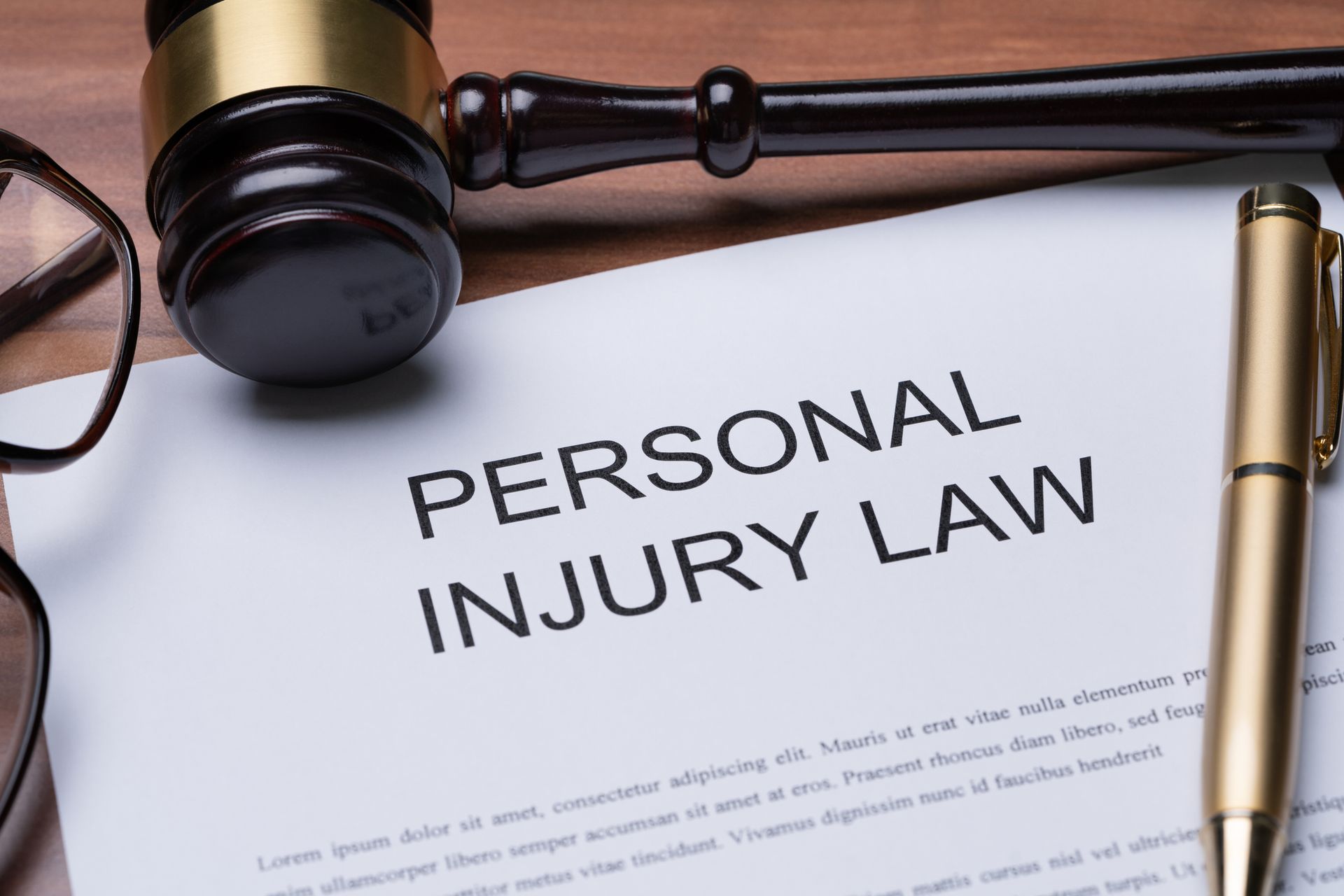Why Is Getting Disability Benefits So Hard? 5 Reasons

Are you considering the need to apply for disability through your employer's coverage or through the Social Security Administration? Undoubtedly, by now you've heard that being approved for disability benefits can be incredibly difficult. While this is discouraging news, understanding the reasons can help you more successfully navigate the system. Here is a short guide to the main reasons why you face an uphill battle.
1. There Are More Claims Than Ever
Two fundamental challenges faced by disability benefit programs are the sheer volume of applications and the lack of funds to pay them. With an aging workforce and better medical care available to all, many individuals who previously may not have survived long enough to live a disabled life now need the support of the disability system.
The trust fund that provides the money is suffering from sustainability issues, creating a (conscious or unconscious) bias toward not approving as many recipients as before. In addition to the funding problems, there simply aren't enough agents or offices assigned to the arduous task of reviewing and processing claims.
2. Employer Disability Has Conflicted Interests
The SSD program has some inherent conflict of interest, as it works for the government, who pays benefits if approved. But your employer's disability insurance has even more glaring conflicts of interest.
Claims are reviewed by agents working for the insurance carrier rather than by an unbiased third party or advocate for the employees. This means that they sometimes find both legitimate and illegitimate reasons to deny claims. And the carrier generally must provide only a minimum of evidence that it did its duty toward the claimant.
3. Explaining Medical Issues Is Complex
Social security disability claims must meet a certain set of very specific conditions. But health and medical issues often do not meet exacting criteria. In order to show how a claimant's disability problems do fit into the established categories, significant documentation is required to establish everything. The burden of proof is not on the insurer but rather on you, the person applying for benefits.
4. The Appeal Process Is Long
Many applicants are turned off by the long wait times between steps in the claims process. Around 70%of initial SSDI claims are denied, leaving most claimants to rely on a second hearing. Due to staff and time constraints, that hearing may be months down the line. A majority of second claims are also routinely denied, leading to a wait for a third appeal.
A person applying for disability must be able to wait it out, which can be a particular challenge. After all, they may not be physically or mentally able to work due to their disability. They likely also have medical costs building up. These factors alone often force a person to give up and attempt to find another solution.
5. You Must Be Very Detailed
Because this is a very complicated subject, the applicant needs to have all their ducks in a row, so to speak. First, you must be intimately familiar with your company's insurance policy. Any error or failure on an initial claim can cause it to be denied. While denial of a Social Security disability claim means waiting months for a new hearing, denial by a private insurer can rob you of a chance for positive resolution at all.
With all these challenges in mind, what is your best bet to find success? It's having an experienced disability attorney on your team. A disability lawyer has dealt with all types of obstacles and understands better than anyone how to move your case through the steps toward a good outcome. The Law Offices of James B. Gillespie, Jr., PLLC , can help. Call to make an appointment and learn more today.





